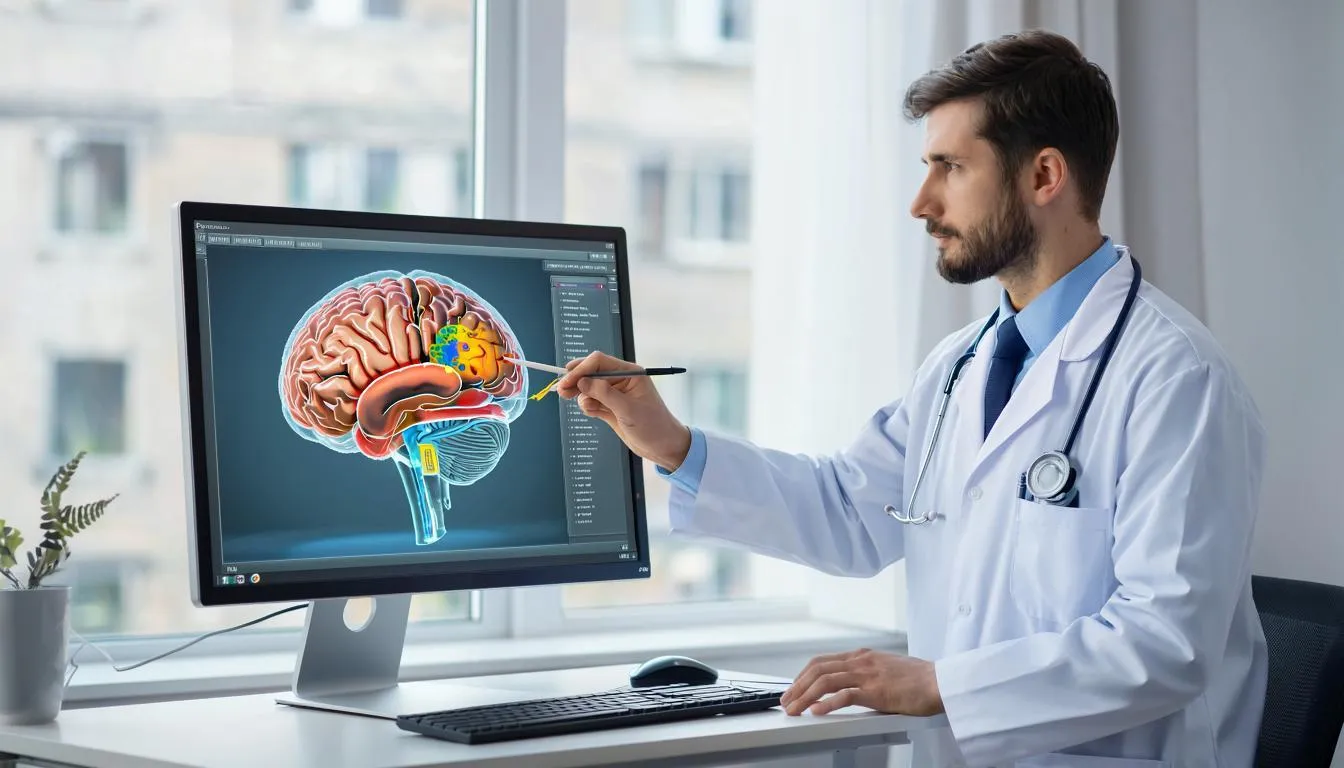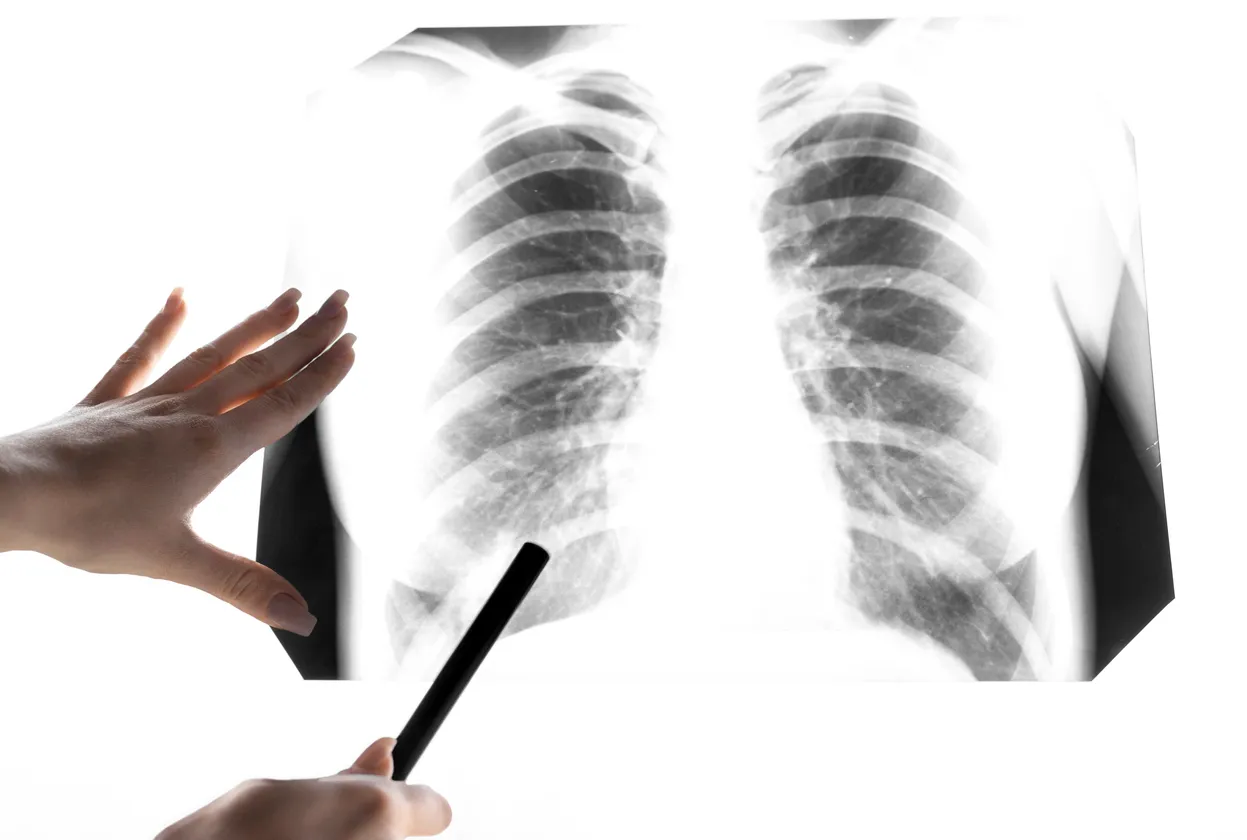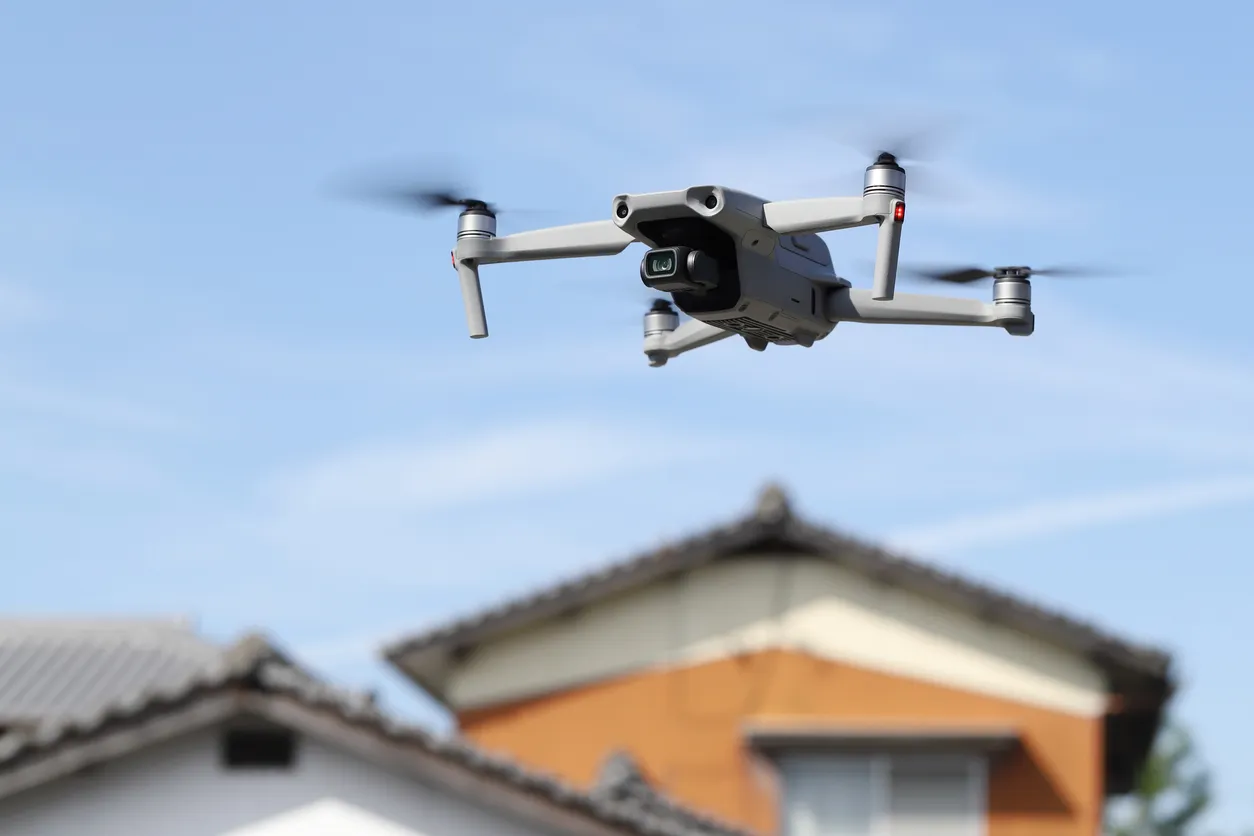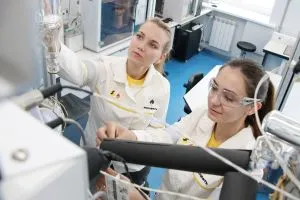Russian Scientists Develop AI Program to Protect the Brain from Chemotherapy Side Effects
Researchers from Perm State Medical University and Perm Polytechnic University have developed a computer program that predicts the risk of chemotherapy-induced brain damage, allowing doctors to prevent neurological complications before they occur.

Chemotherapy remains one of the most effective cancer treatments, but it often comes with severe side effects. One of the most concerning is chemotherapy-induced encephalopathy — a condition that causes memory loss, trouble concentrating, and sleep disorders. Russian scientists have developed a technology that may help doctors predict and prevent these effects before they appear.
Researchers from Perm State Medical University named after E.A. Wagner and Perm Polytechnic University have created a computer program that evaluates the risk of brain damage in chemotherapy patients. This innovation helps physicians identify high-risk individuals and take preventive action in advance.
Data-Driven Prevention
What makes the Perm researchers’ work unique is its quantitative approach: the program directly links the number of chemotherapy courses with neurological risk, while also factoring in sleep disturbances as an early sign of cognitive decline.
A Smart Tool for Doctors
The study focused on women with breast cancer and confirmed that cognitive impairment worsens as treatment continues.
The software processes key patient data — age, number of chemotherapy sessions, and coexisting conditions — to calculate a risk score. It then categorizes the result as low, medium, or high. This helps neurologists and oncologists apply a personalized approach to care and make informed decisions about treatment adjustments.
Quality of Life After Cancer
This development represents an important shift toward preventive medicine. Instead of treating neurological damage after it occurs, doctors can now intervene earlier, preserving cognitive function and improving patients’ quality of life. With cancer survival rates increasing globally, this kind of technology could redefine post-treatment care for millions.
The research team has already secured a patent for the system, signaling its scientific and clinical promise.









































